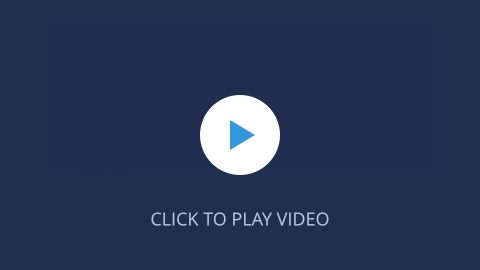4 questions on the path to action
|
Welcome to Community Threads!
Subscribe to the Community Threads newsletter for tools and strategies your coalition can put into action today.
Well, Reader, did that subject line catch you off guard? It might not be something you’d expect me to say - me, someone who has drunk the “systems change” Kool-aid from way back in my undergrad engineering days throughout my public health training and into launching PoP Health (where our entire mission is to work with community coalitions to transform health through systems change). But at a conference a few months ago, I heard someone say something that has really stuck with me because of...
Our public health frameworks are failing us, Reader. They're true. AND they're failing us. Let me explain why. I had the pleasure of giving a Lightning Talk at the National Network of Public Health Institutes Open Forum conference in Pittsburgh earlier this month (it was a balm to the soul to be in the company of fellow community-based public health practitioners!) Here’s how and why our public health frameworks are failing us, the one thing we're missing, and what we need instead: Now, let...
If you, like me, are distressed about what’s happening at the CDC, what’s happening around vaccines, what’s been happening with public health grants and research being terminated, and more - I see you, Reader. I shared my thoughts in the wake of the shots fired at the CDC here, and even just since then, we’ve seen top CDC officials resign after their director was ousted. When systems are collapsing around us, it can be even harder than usual to answer the question of: what next? What should...
